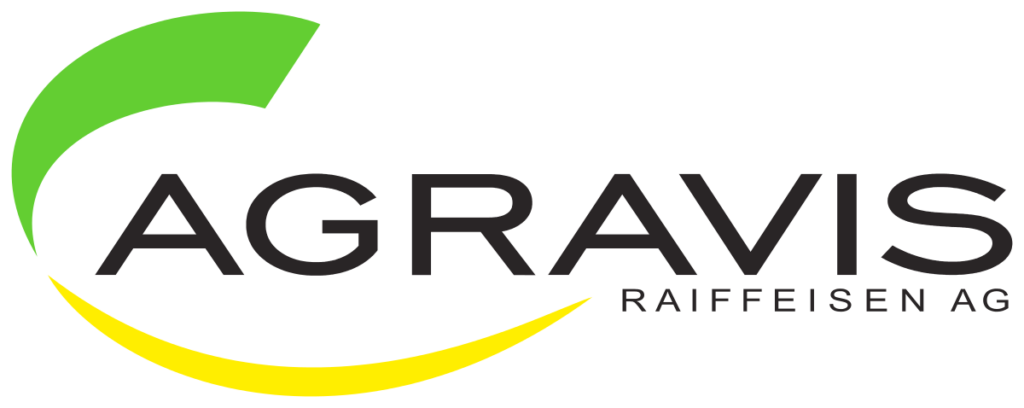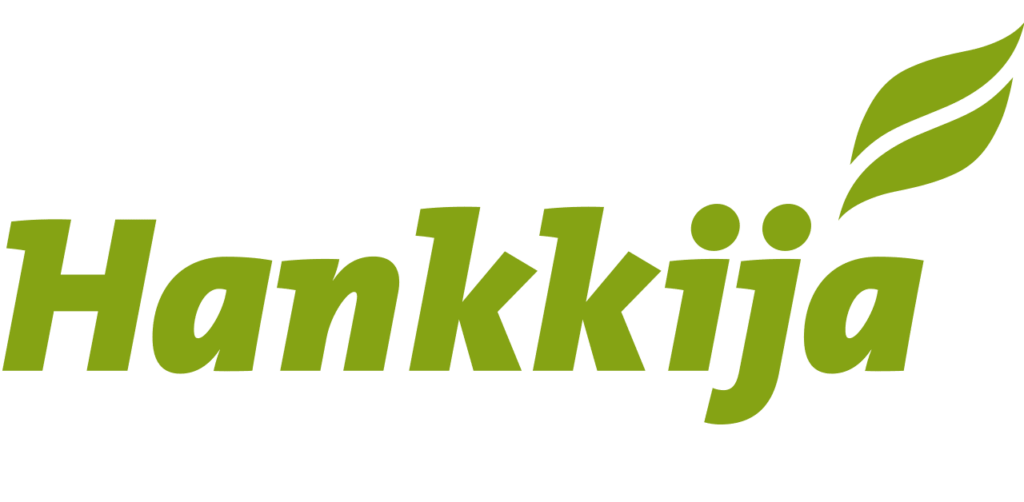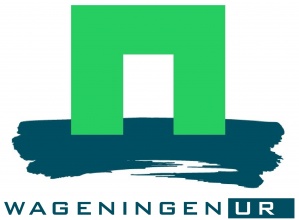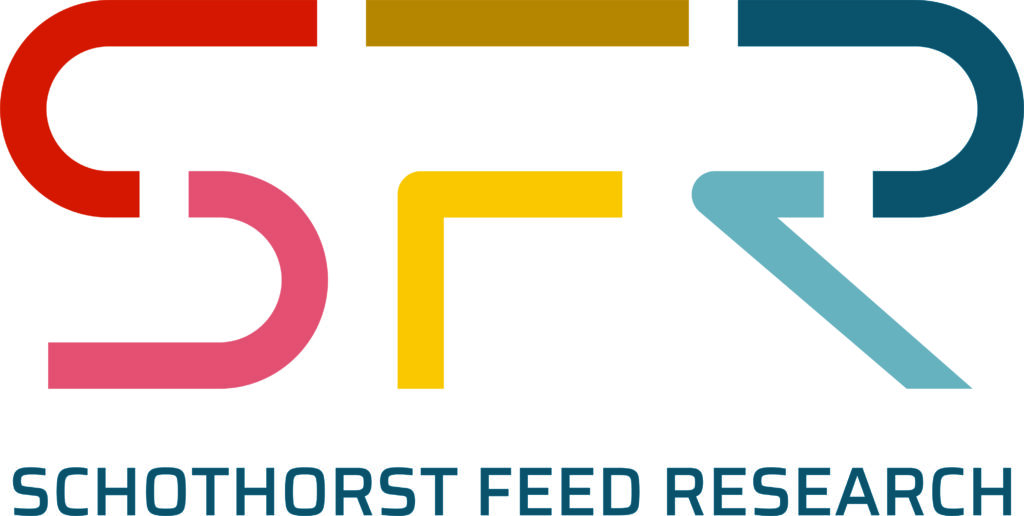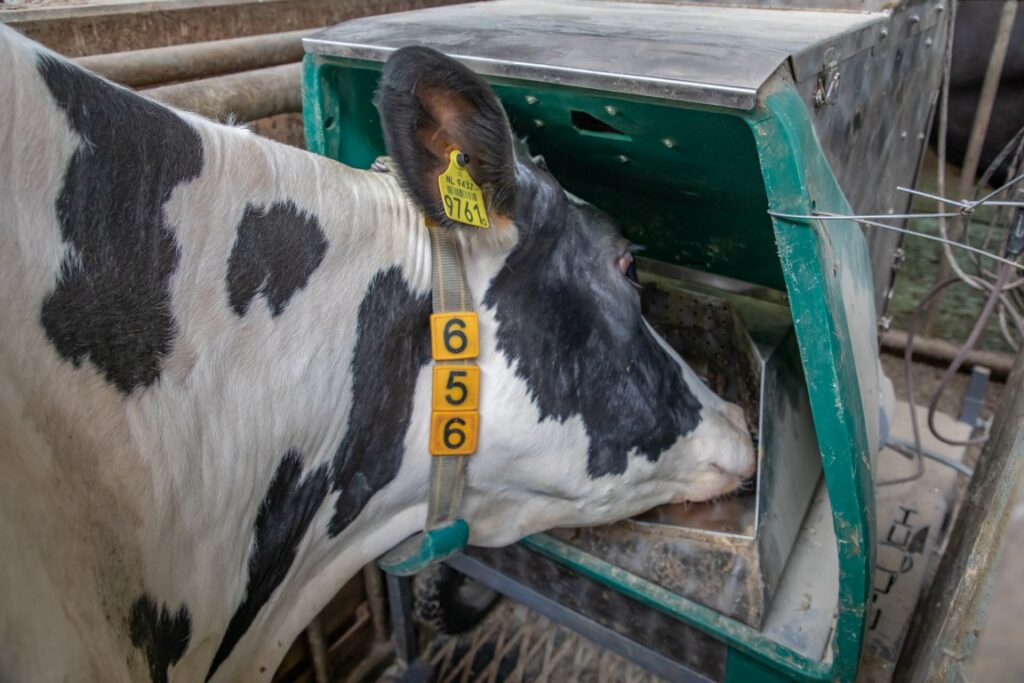
Many strategies are currently explored within the dairy sector to reduce enteric methane (CH4) from the rumen by adding CH4 reducing compounds to the ration and by applying adaptations to the ration. However, it is not clear how effects of different CH4 reducing strategies differ under different circumstances.
Different circumstances include interactions with different types of rations, e.g. a grass silage based ration or a corn silage based ration. Furthermore, different circumstances also include rumen health status. Subclinical acidosis (SARA) is a condition which can occur in dairy cows. Although it is known that animals which have a lowered average rumen pH also produce less CH4, it remains unclear how different CH4 reducing feeding strategies interact with these different states of rumen health status.
Next to effects of CH4 reducing strategies in different circumstances, there is also still a gap of knowledge in how individual animal characteristics are related to enteric CH4 production.
The PPS RuMeHealth is a collaboration between the Ministry of Agriculture, Nature and Food Quality and a consortium of different partners from the agricultural feed sector. The goals within this project are:
- To create an understanding of effect of different new CH4 reducing strategies while feeding different types of rations and in differing rumen health conditions.
- To study associations between CH4 emissions and individual cow characteristics, with the ultimate aim to understand variations in CH4 production and predict CH4 emissions.
Start project: 01/07/2023
End of project: 01/07/2027
Partners

